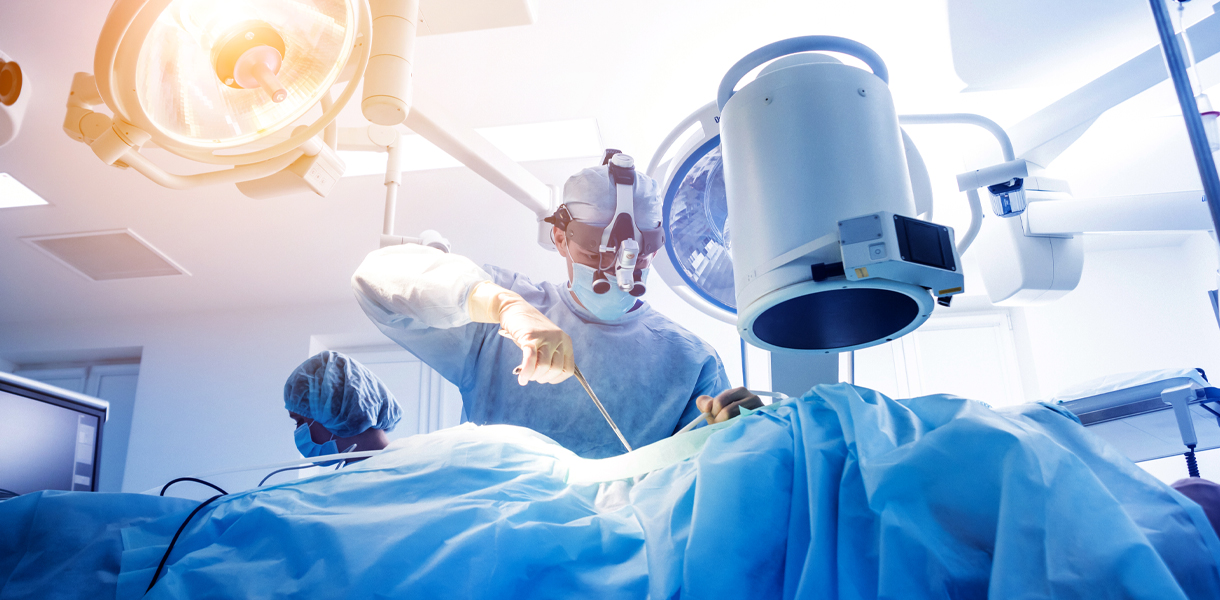
Fundoplication is a surgical procedure used to treat gastroesophageal reflux disease (GERD), a condition where stomach acid frequently flows back into the esophagus, causing heartburn and other symptoms. The surgery aims to strengthen the barrier between the stomach and the esophagus to prevent acid reflux.
Fundoplication is typically recommended for patients with severe GERD who do not respond well to medication or lifestyle changes. It may also be considered for individuals who experience complications from GERD, such as esophagitis (inflammation of the esophagus), Barrett's
The most common type of fundoplication is the Nissen fundoplication, where the upper part of the stomach (the fundus) is wrapped around the lower end of the esophagus. This wrap is usually done 360 degrees around the esophagus, creating a new valve mechanism that helps prevent acid reflux. Other variations include partial wraps, such as the Toupet fundoplication (270 degrees) and the Dor fundoplication (180 degrees), depending on the specific needs of the patient.
Fundoplication is usually performed laparoscopically, which is a minimally invasive approach. During the procedure, the surgeon makes several small incisions in the abdomen and uses a laparoscope (a small camera) to guide the surgery. The stomach is wrapped around the esophagus and stitched into place. The procedure typically takes 2 to 3 hours, and most patients can go
Recovery from laparoscopic fundoplication is generally quicker than from open surgery, with most patients returning to normal activities within a few weeks. Initially, patients are advised to follow a soft diet to allow the surgical site to heal. They may also need to avoid heavy lifting and strenuous activities during the recovery period.
Like any surgery, fundoplication carries risks, including infection, bleeding, and complications related to anesthesia. Specific risks related to fundoplication include difficulty swallowing (dysphagia), gas bloat syndrome (difficulty burping), and, in some cases, the recurrence of GERD symptoms. However, these complications are relatively rare, and the surgery is generally considered safe and effective.
Fundoplication is successful in relieving GERD symptoms for the majority of patients, with many
experiencing significant long-term relief. The procedure can also reduce or eliminate the need
for long-term medication use. However, some patients may still require occasional medication or
lifestyle adjustments to manage symptoms.
Overall, fundoplication is an effective treatment for GERD that can improve quality of life,
especially for those who have not found relief through other means.